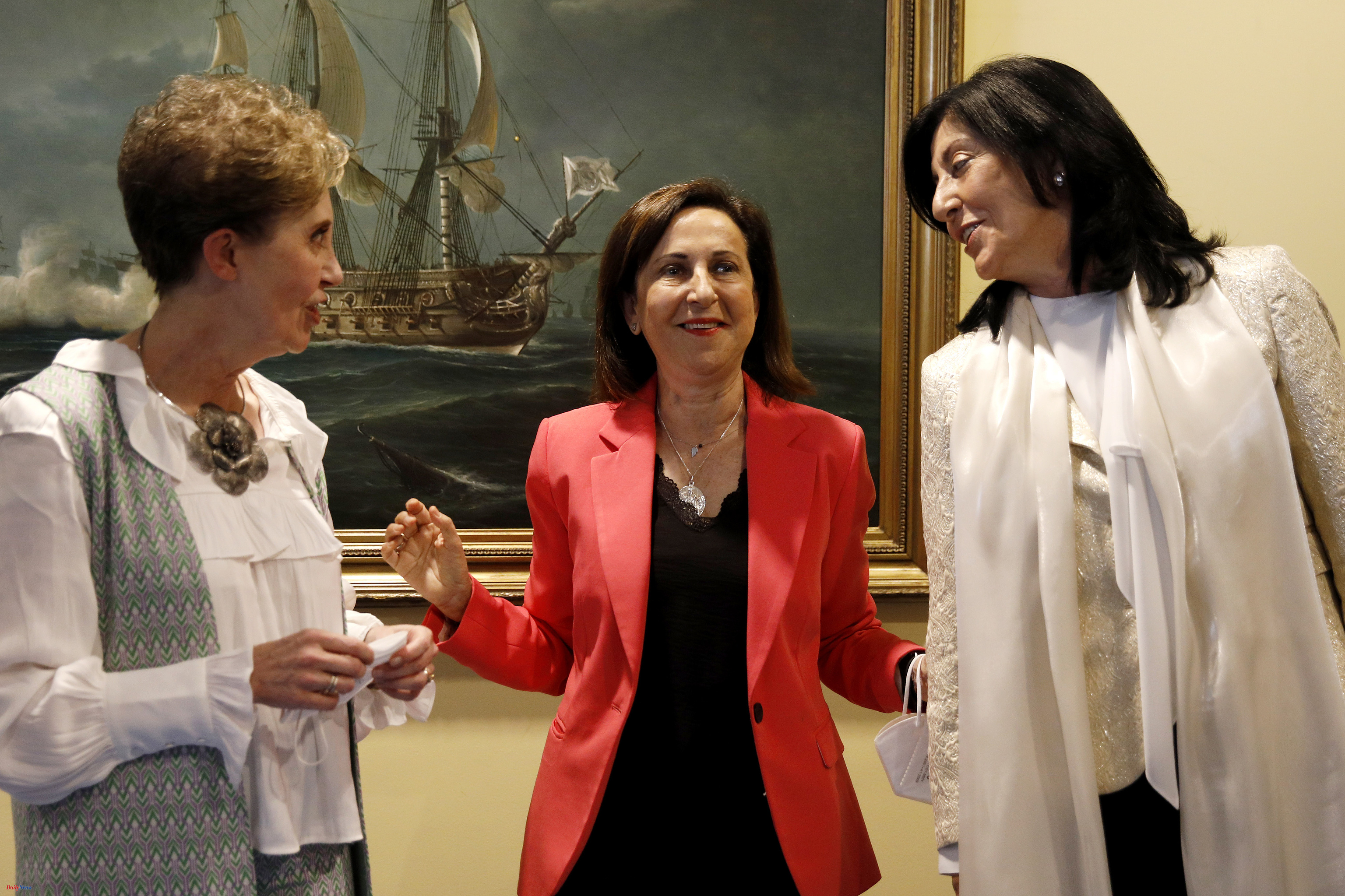A little over two months ago, two agents from the National Intelligence Center (CNI) were arrested for providing classified information to US agents. A court in Plaza de Castilla has opened proceedings declared secret in this case, according to El Confidencial.
Hardly any details of the matter have emerged, but as this newspaper has learned, it was the CNI itself that denounced its members. The Minister of Defense, Margarita Robles, on whom the CNI organically depends, also confirmed this during a visit that she is making to the Spanish troops at the NATO base in Adazi (Latvia). Periodically, the center run by Esperanza Casteleiro carries out controls on the use of classified information and secret documents, and it was between the end of September and the beginning of October when it was discovered that these two agents were illegally providing information to US agents.
The situation led to a complaint by the center to the Prosecutor's Office, which in turn judicialized the matter and brought it to the Investigative Courts of Plaza de Castilla, in Madrid.
Until now, it has not been revealed how much information the two agents were able to provide to the United States. Internal controls and the subsequent investigation uncovered that part of the information was sold for money, although there have also been other reasons for this illegal transfer of intelligence that have not been revealed.
The complaint led to the arrest of the two agents by the National Police. Subsequently, when brought to justice, the two members of the intelligence services were placed in provisional prison.
Some time later, the agent who had the least involvement in this alleged revelation of secrets was released, while the other remains in prison.
While the investigation has already been left in the hands of judges and prosecutors, the CNI must now focus on evaluating the damage that the two alleged traitors have been able to do. However, controls on secret information are common, so it is quite possible that detainees have not been leaking information for long.
The first indications are that this leak has not affected any of the CNI's ongoing operations or its relationship with other foreign intelligence services with which it maintains relations.












